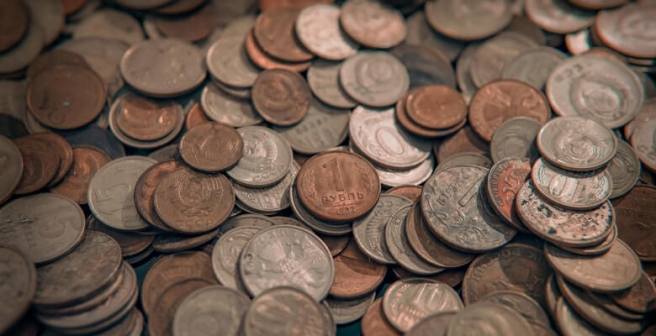New study proves financial barriers restricting global south authors from OA publishing

An analysis of more than 37,000 articles1 reveals that authors from low-income countries opt to publish in paywalled journals over open access journals. While the scientific community has always speculated that authors from low-income countries will be underrepresented in OA journals due to high article processing charges (APCs), there was no empirical proof until now.
Comparing open access and conventional journals with differing publishing is not easy as even journals from the same publisher may differ in factors such as journal impact factor and the standards of acceptance, but Elsevier’s mirror-parent journal project has made this study possible.
“One of the great ironies of open access is that you grant authors around the world the ability to finally read the scientific literature that was completely closed off to them, but it ends up excluding them from publishing in the same journals,”2 says Emilio Bruna, a scholar at the University of Florida, Gainesville, who co-authored this study.
Bruna’s group got an opportunity to study Elsevier’s ‘mirror journals’ project. The pilot project started in 2018 and continued till 2020, in which 38 pairs of hybrid and open access journals published over 37,000 articles with the same title and peer review process. These journals were termed “mirror journals”. The group identified the first authors’ geographical location and their eligibility for partial or full APC waiver as part of the Researcher4Life program initiated by Elsevier3 and 200 other organizations. The APCs for most open access and hybrid journals were similar -- USD 2,600 on average.
It was found that authors from high-income countries -- North America, East Asia and the Pacific region -- published more in open access journals as compared to authors from the Global South -- Latin America and the Caribbean, the Middle East and North Africa, and sub-Saharan Africa. Approximately 80% of the mirror journals’ articles were published by authors from high-income countries. Another critical finding of the study was that authors from low-income countries did not seem to use the publication-fee waiver for which they were eligible. This shows that the cost of OA publishing is still significantly burdensome for authors from low-income countries.
Rafael Zenni, ecologist, Federal University of Lavras, Brazil told the Nature news team, “When we see results like this, it just makes it crystal clear that there is a very strong financial barrier for publishing when journals charge APCs. It’s something that we face every day. In our research grants, there are rarely any resources for publishing fees.”4
Peter Suber, the Director of the Harvard Office for Scholarly Communication in Cambridge, Massachusetts feels that the scientific community should be working toward eliminating these barriers.5
References:
1. Smith, A. C. Assessing the effect of article processing charges on the geographic diversity of authors using Elsevier’s “Mirror Journal” system. https://doi.org/10.1162/qss_a_00157 (2021)
2, 4, 5. Kwon, D. Open-access publishing fees deter researchers in the global south. https://www.nature.com/articles/d41586-022-00342-w (2022)
3. About Research4Life. https://www.elsevier.com/en-in/about/corporate-responsibility/research4life
Comments
You're looking to give wings to your academic career and publication journey. We like that!
Why don't we give you complete access! Create a free account and get unlimited access to all resources & a vibrant researcher community.













